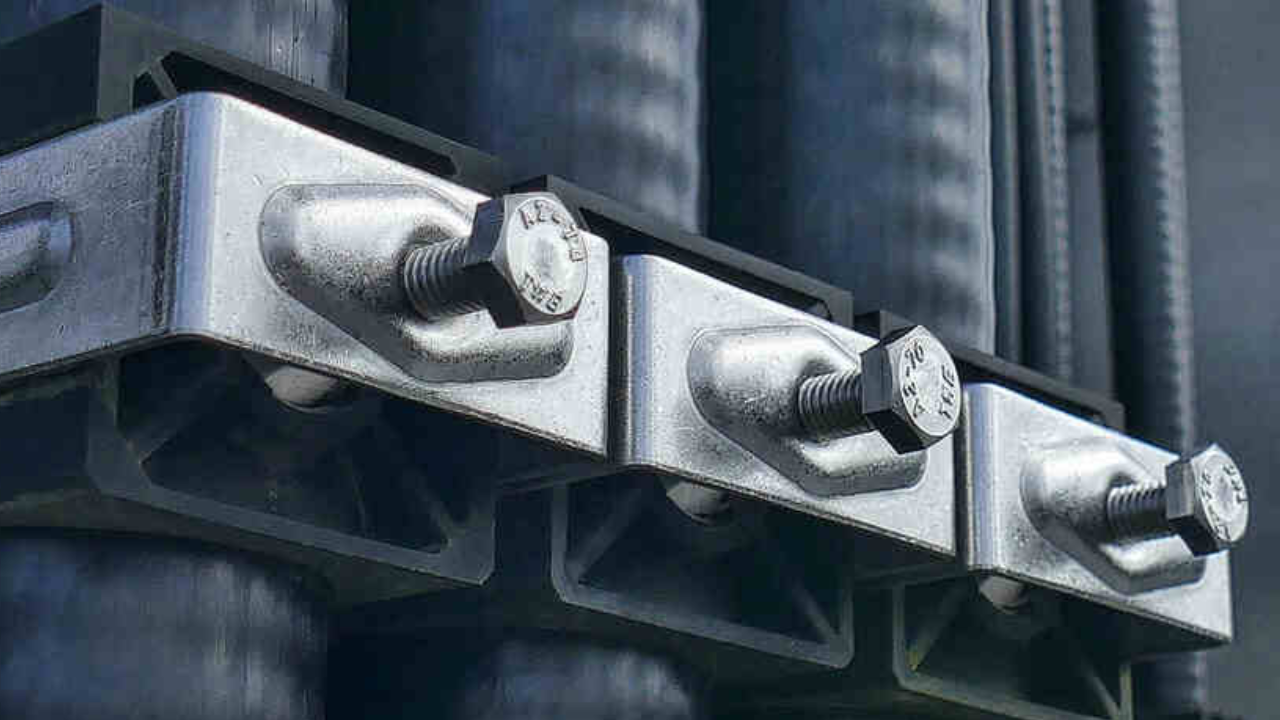Stainless steel screws are adaptable fasteners that are consistently used in aluminum applications because of their strength, and similarity with aluminum compounds. Their flexibility lies in their ability to provide solid and enduring solutions across different ventures and conditions. When utilized with aluminum, stainless steel screws have various advantages. Their corrosion resistance ensures toughness in outdoor or destructive conditions. Moreover, stainless steel screws provide compatibility with special grades and styles of aluminum, from sheet metal to extrusions and castings.
This compatibility allows for seamless integration into numerous aluminum assemblies, supplying cozy and dependable connections. To learn more about whether can you use stainless steel screws in aluminum, visit a2fasteners.com. The versatility of stainless steel screws in aluminum applications stems from their capacity to withstand corrosion, provide various fastening alternatives, and offer compatibility with extraordinary aluminum alloys.
Maintenance Tips for Stainless Steel Screws In Aluminum Applications
The special maintenance considerations of stainless steel screws are important to ensure their foremost performance and sturdiness when used with aluminum. In this article, we're going to explore the key renovation practices for stainless steel screws in aluminum programs.
Regular Inspection
Typical visual assessments are significant for distinguishing signs and side effects of erosion, put on, or harm to stainless steel and aluminum assemblies. Assessments must be done occasionally, explicitly in destructive conditions. Search for any discoloration, pitting, or floor irregularities on the screws, which may also imply corrosion. Prompt identification of troubles allows for well-timed protection or replacement, stopping structural disasters and ensuring the continued integrity of the aluminum assembly.
Cleaning and Degreasing
Ordinary cleaning and degreasing of stainless steel screws assist with eliminating residue, garbage, and foreign substances that could compromise the general execution of aluminum applications. Utilize a gentle cleanser or cleanser and water to clean the screws, followed by exhaustive flushing and drying. Degreasing advertisers can likewise be utilized to get rid of oils or lubes from the screw surfaces. Proper cleansing and degreasing preserve the cleanliness and effectiveness of stainless steel screws in aluminum assemblies.
Avoiding Contamination
Preventing contamination from other metals or substances is important to preserving the integrity of stainless steel screws in aluminum programs. Avoid using varied metals, which can cause galvanic corrosion when in contact with aluminum. Right garage and coping with practices have to be located to save you infection at some point of transportation or garage. By fending off infection, the danger of corrosion and mechanical failure in aluminum assemblies secured with stainless-steel screws is minimized, ensuring long-term performance.
Right Torque Maintenance
Keeping proper torque values all through set up and periodic re-tightening of stainless-steel screws is essential for stopping loosening or damage to aluminum components. Overtightening can result in thread stripping or deformation of the aluminum, while under-tightening might also compromise the joint's integrity. Comply with producer recommendations or engineering guidelines for torque values and re-tightening durations to ensure secure fastening and prevent mechanical failures in aluminum assemblies secured with stainless steel screws.
Thread Lubrication
The use of lubricants at some stage in installation reduces friction and minimizes the threat of galling or seizing among stainless steel screws and aluminum threads. Practice applying a thin layer of lubricant to the screw threads before installation to facilitate clean insertion and proper thread engagement. Keep away from using lubricants containing graphite or abrasive particles, which could harm the screw or aluminum floor. Thread lubrication guarantees a clean setup and facilitates the integrity of aluminum assemblies through the years.
Safety from Environmental Elements
Protective stainless steel screws from harsh environmental factors, which include moisture, saltwater, or chemicals, are important for preventing corrosion in aluminum programs. Take into account using shielding covers or coatings like plastic or epoxy caps to protect uncovered screw heads from direct publicity to corrosive retailers. With the aid of shielding stainless steel screws from environmental elements, their overall performance and toughness in aluminum assemblies are preserved, ensuring reliable and durable fastening over the years.
Conclusion
Special maintenance practices are important to ensure the most suitable performance and longevity of stainless-steel screws when used in aluminum applications. By following those maintenance concerns, engineers, upkeep specialists, and end-users can mitigate the risk of corrosion, save on mechanical screw-ups, and maximize the lifespan of aluminum assemblies secured with stainless steel screws.


